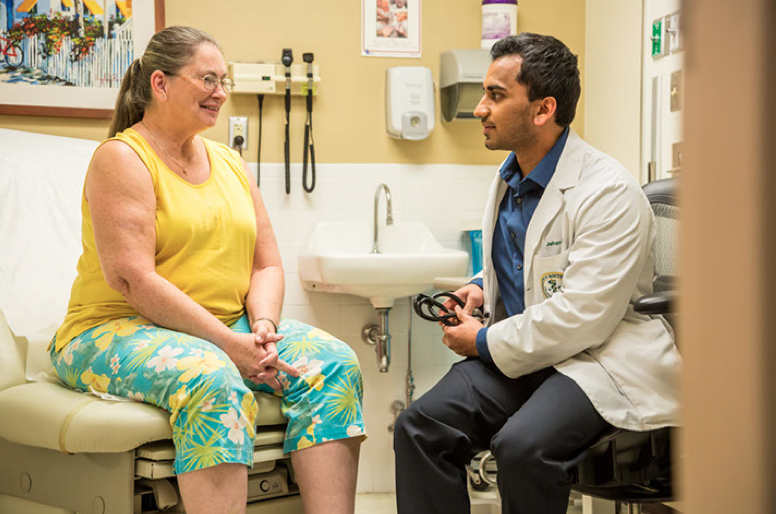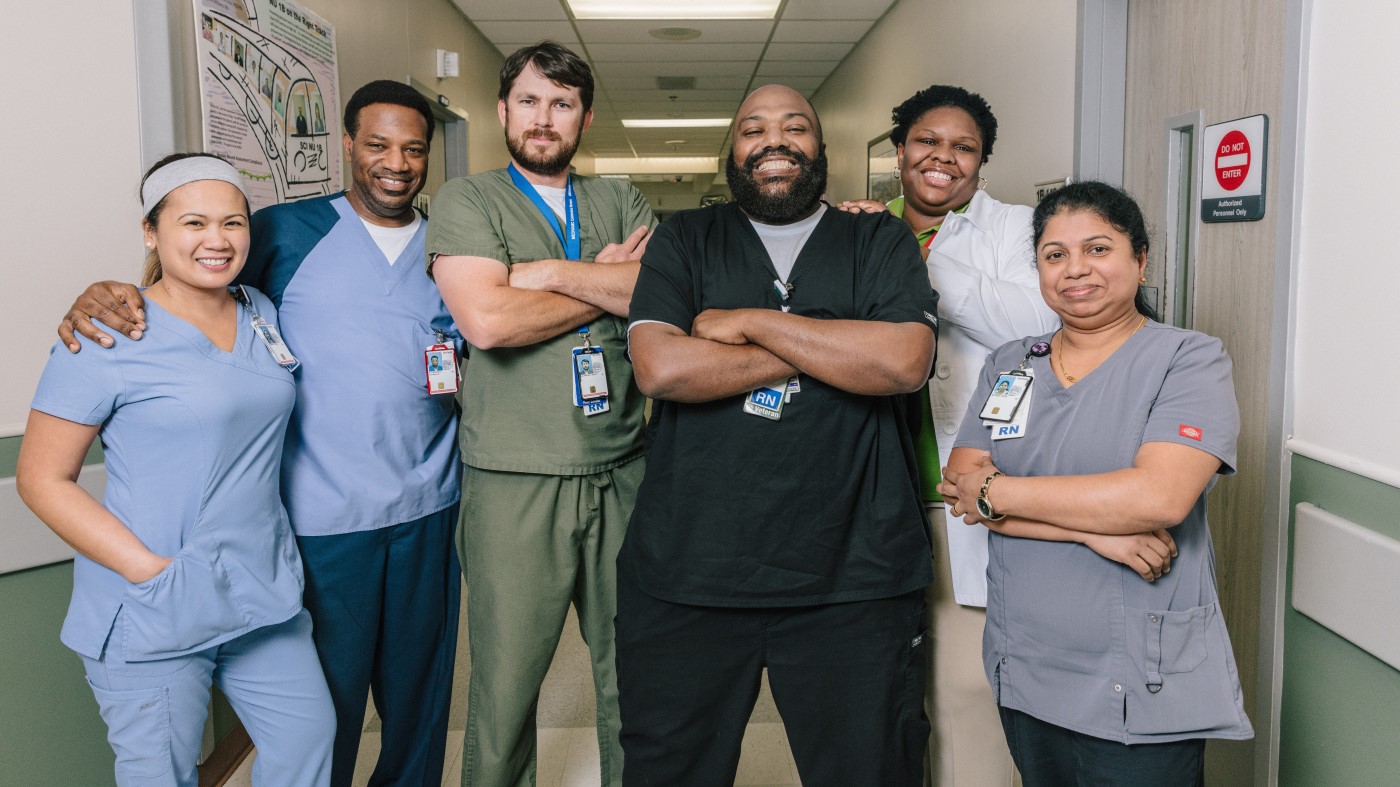Helping to unlock the process of making memories, Dr. Ergun Uc, neurologist with the Iowa City VA Health Care System worked with Nathaniel Klooster, neuroscience graduate student at the University of Iowa to devise a simple experiment to see how people shape the memories that drive learning.
Using a block-stacking game, Klooster and Uc were able to better understand how Veterans with Parkinson’s disease form procedural memories. Parkinson’s disease is a neural-motor condition that impairs the ability to form new procedural memories. These types of memories are for functional, motor activities that help a person remember how to ride a bike, for example. Because the disease strikes procedural memory, people with Parkinson’s have trouble learning new skills.
Published in the journal Frontiers in Human Neuroscience, the study showed that regardless of what the participants were shown, the game’s gestures had little to no affect on their memory due to the disease. However, the findings suggest that procedural memory is the process that drives learning through gestures. Studies like these could open up new ways to understand other conditions like Alzheimer’s disease, or even the memory loss that comes with advanced age.
Through our robust network of affiliations with universities and medical schools, our physicians have the opportunity to develop studies that will help Veterans the most. In addition to federal research grants, VA provides more than $585 million in intramural research funding.
More than 60 percent of researchers at VA are also clinicians who provide direct patient care, which allows them to more quickly translate discoveries for use at Veterans’ bedsides. We want to give VA physicians the opportunity to make an impact on medicine by bringing their ideas to life through research.
Topics in this story
More Stories
Bring your administrative expertise to VA and earn great benefits while supporting our Veterans.
Through programs like the Employee Incentive Scholarship Program (EISP), VA employees like Dr. Kenyuatia L. Gash have received financial support in pursuit of their education.
Providing better outcomes for diverse Veterans means finding ways to reach them, whether on a personal level or on a geographic level.






